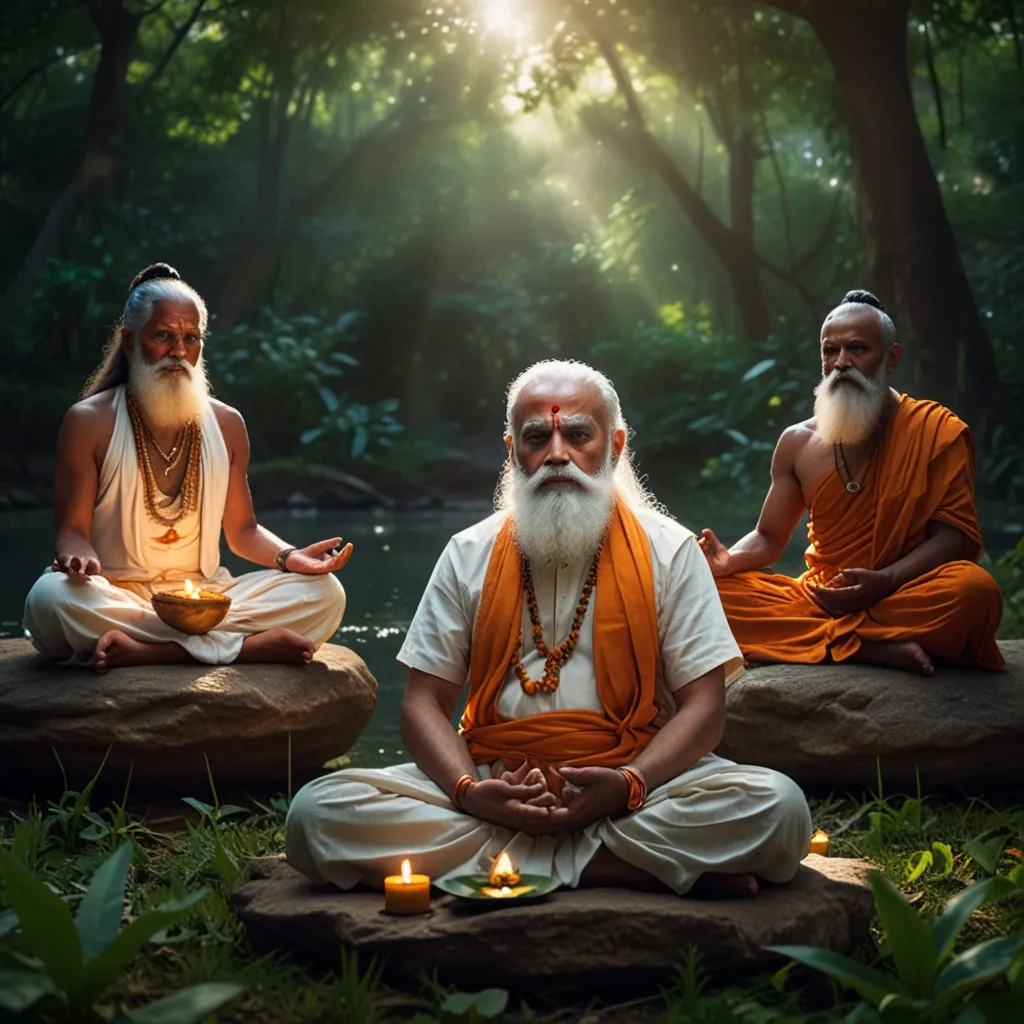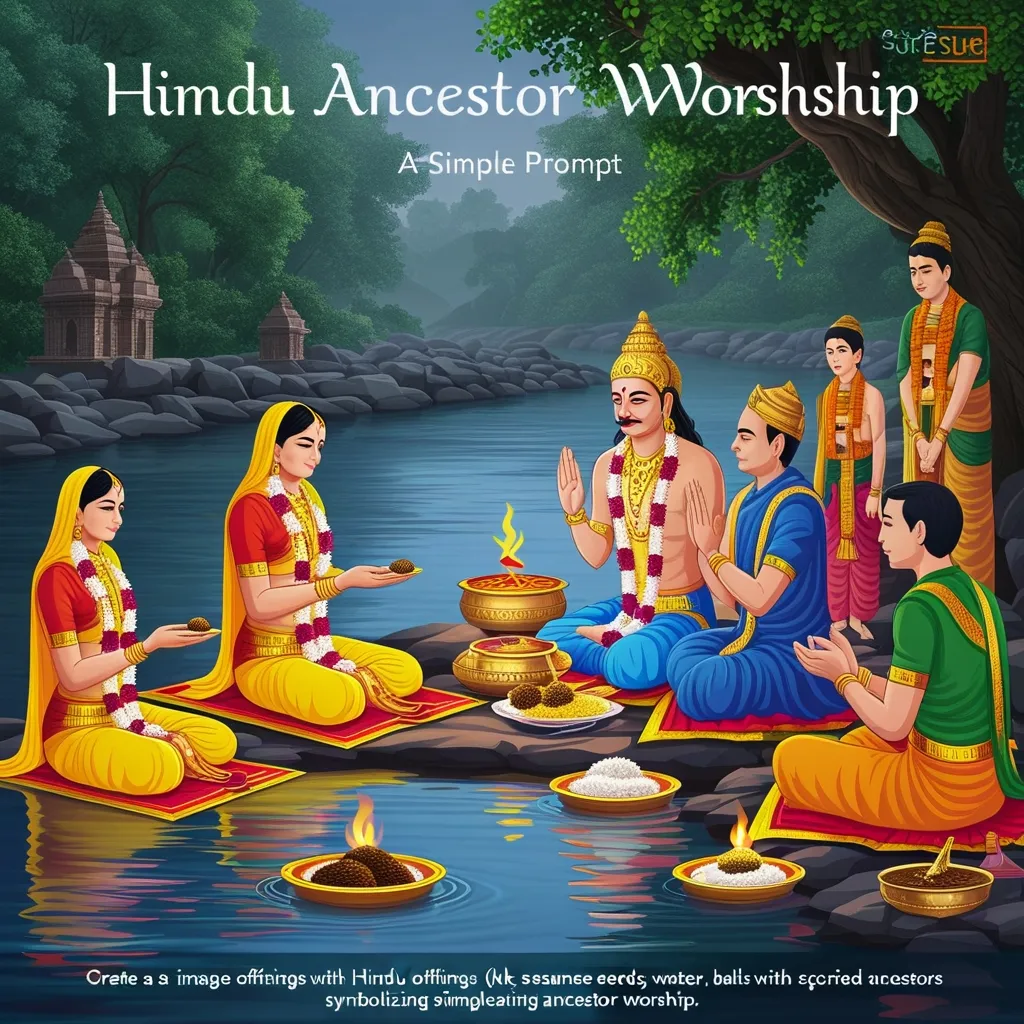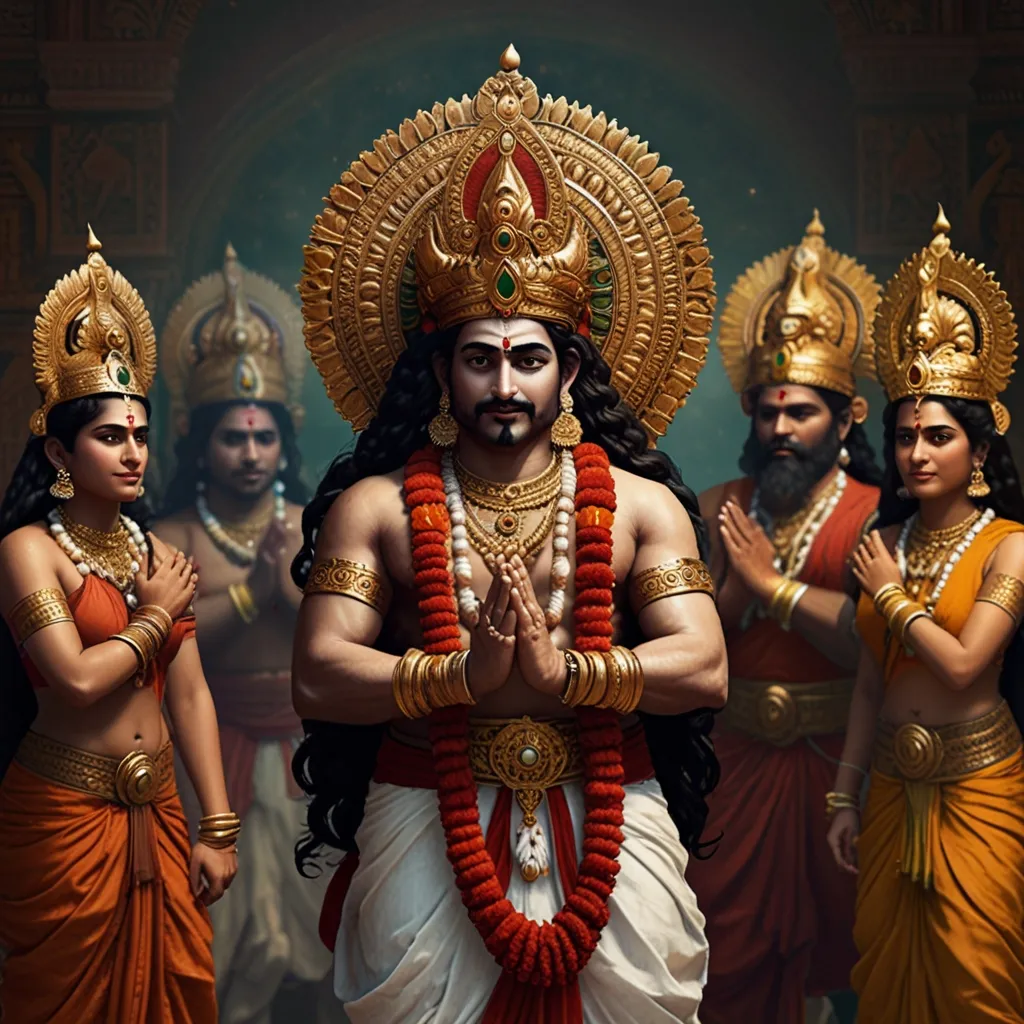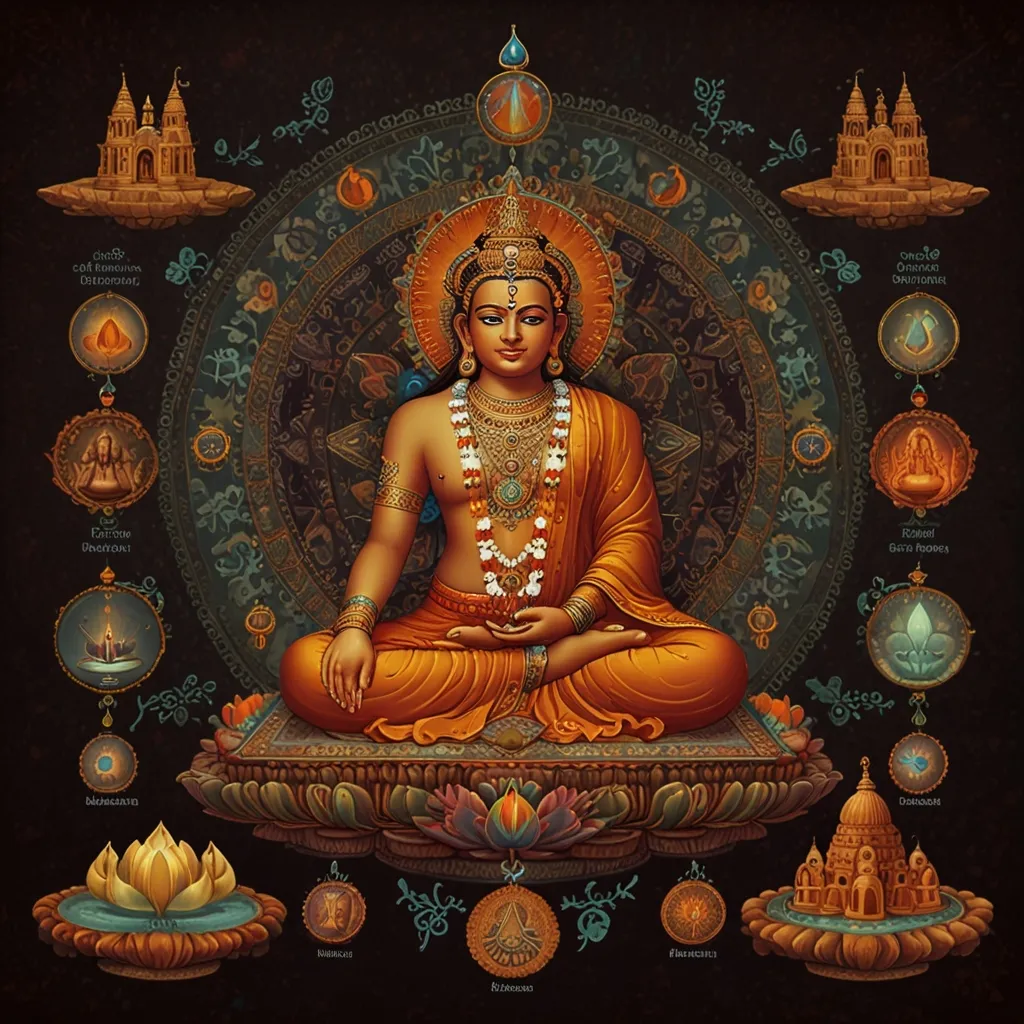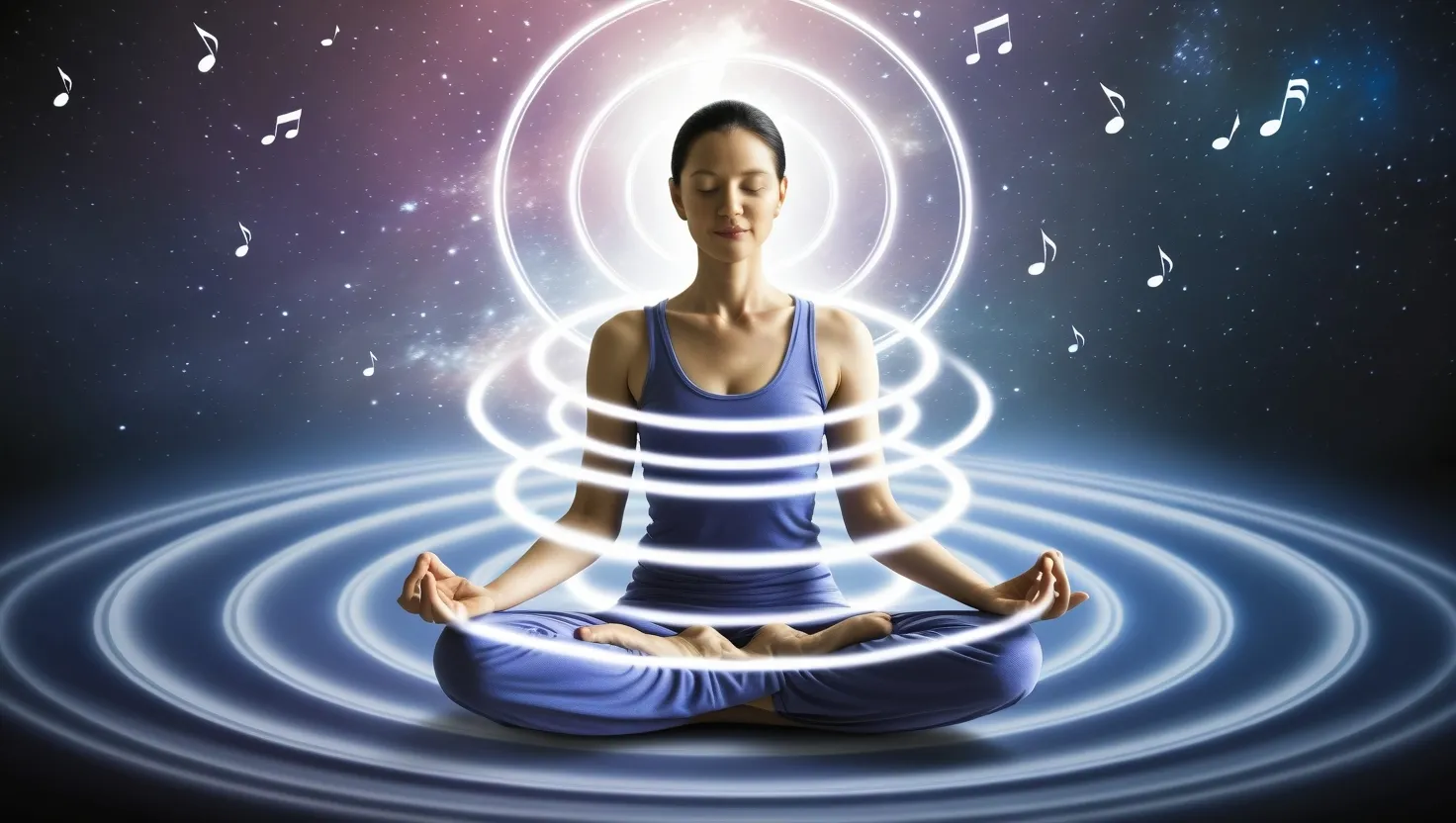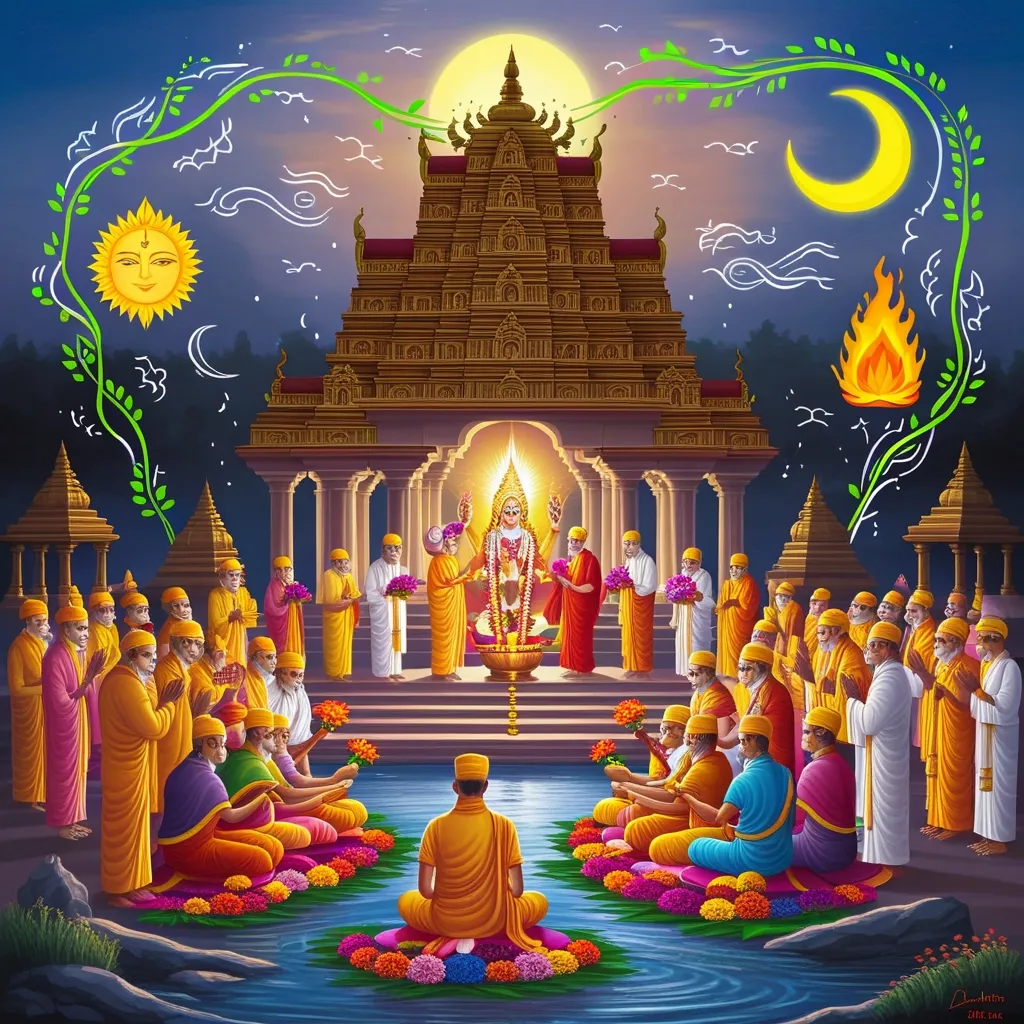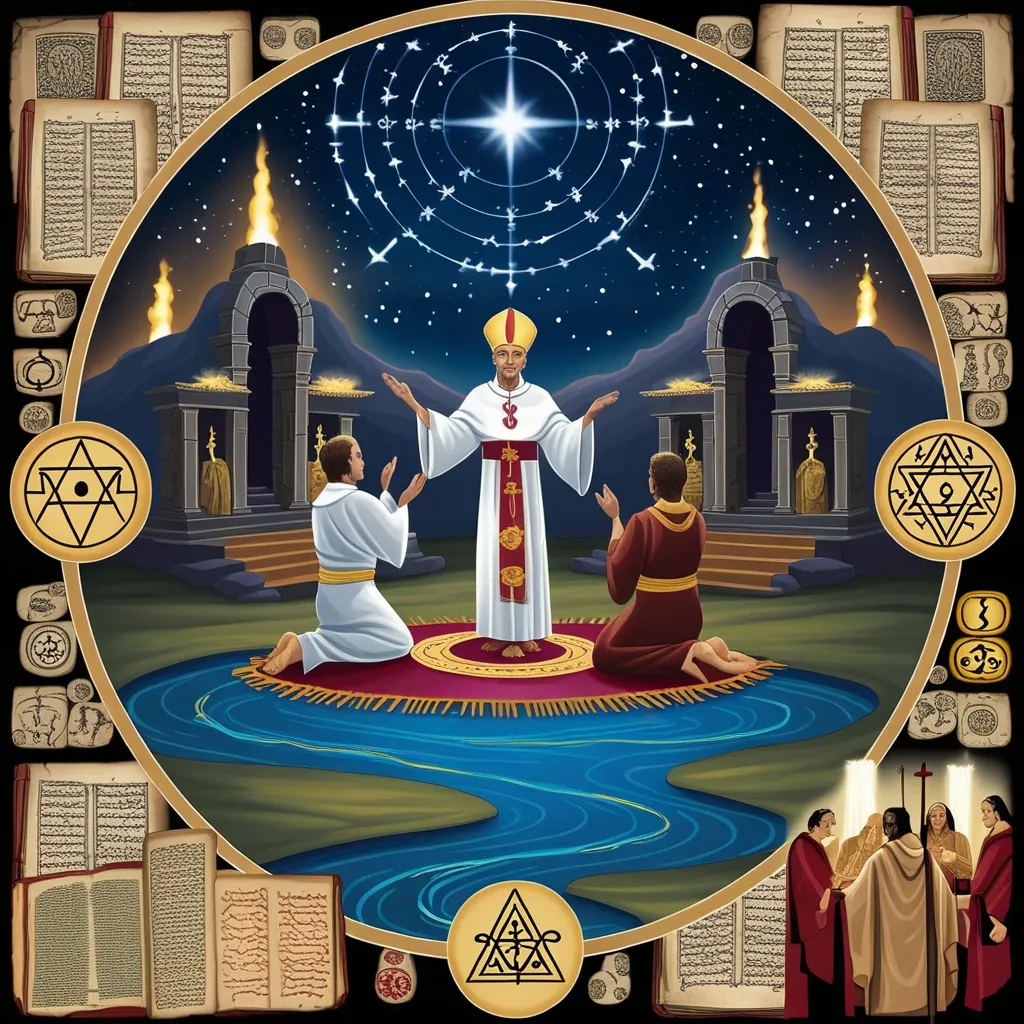The Upanishads are these ancient Hindu texts that wrap up the Vedas, which are the sacred books of Hinduism. They’re pretty famous for their deep, philosophical, and spiritual wisdom. What’s fascinating is that they haven’t just influenced Hinduism but have also left a mark on Jainism and Buddhism.
The term “Upanishad” comes from the Sanskrit word “Upaniṣad,” meaning “connection” or “equivalence.” It really captures the essence of these texts, highlighting the link between our individual selves (atman) and the ultimate reality (brahman). Think of the Upanishads as not just spiritual guides but also as philosophical explorations delving into the mysteries of existence, the universe, and what it means to be human.
There are over 200 Upanishads that we know of, though only a handful are considered the main ones. These principal Upanishads find their home in the four Vedas: Rigveda, Yajurveda, Samaveda, and Atharvaveda. The most notable among them are Brihadaranyaka, Chandogya, Taittiriya, Aitareya, and Kaushitaki. These mix prose and verse beautifully. Then there are Kena, Katha, Isa, Svetasvatara, and Mundaka, which lean more towards verse, and finally, Prasna, Mandukya, and Maitri, which are back to prose.
Written between 800 BCE and 500 BCE, a time when people shifted from rituals to deeper contemplation and reflection, these texts were crafted by sages who secluded themselves to meditate on life’s truths. They provide a peek into these sages’ thoughts and experiences, shedding light on reality, the self, and what it means to truly live.
One of the core ideas in the Upanishads is brahman, the ultimate reality or universal soul. They teach that brahman is within atman, the unchanging essence of an individual. This idea is central to many Hindu beliefs and is often called Vedanta, meaning the conclusion of the Vedas.
The Upanishads also touch on essential Hindu principles like dharma (duty), karma (cause and effect), samsara (cycle of life and death), and moksha (liberation from this cycle). These aren’t just lofty concepts; they’re practical guides meant to steer people in their everyday lives and spiritual paths.
The texts mostly unfold as dialogues between teachers and students, spouses, or even between a young person and a deity. They prompt readers to ponder existential questions like: Who am I? Where did I come from? Why am I here? Where am I going? While the Upanishads lay down a framework for these queries, they really leave the ultimate discovery to each individual’s personal journey.
Even though they were written so long ago, the Upanishads still have a huge following today, inspiring and guiding millions worldwide. They offer a timeless wisdom that goes beyond religious barriers, inviting everyone to explore their inner selves and seek a deeper connection with the universe.
